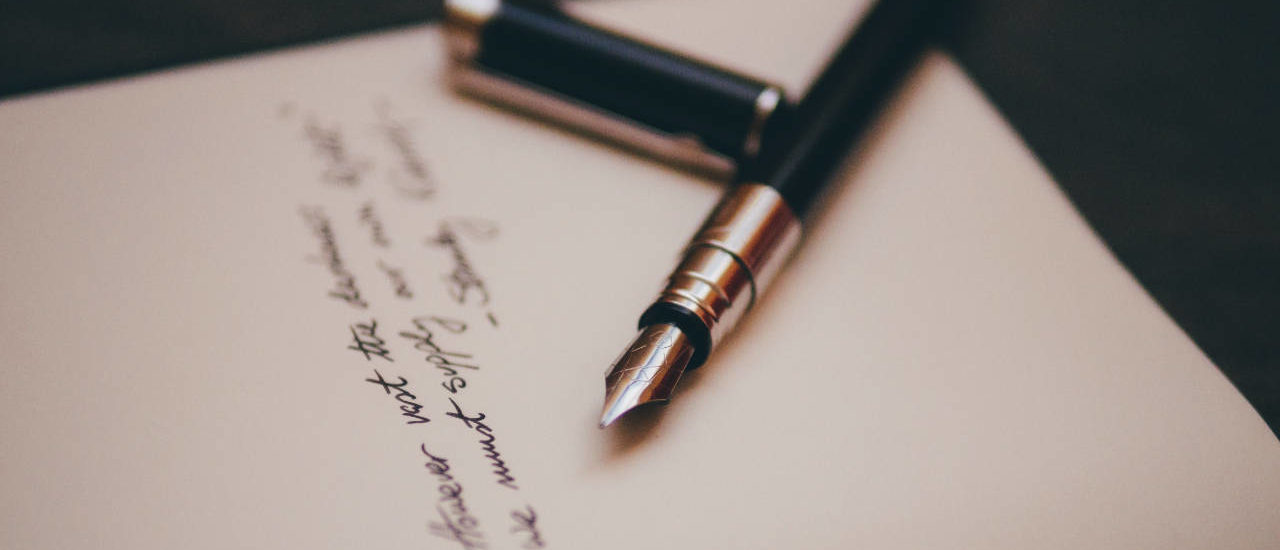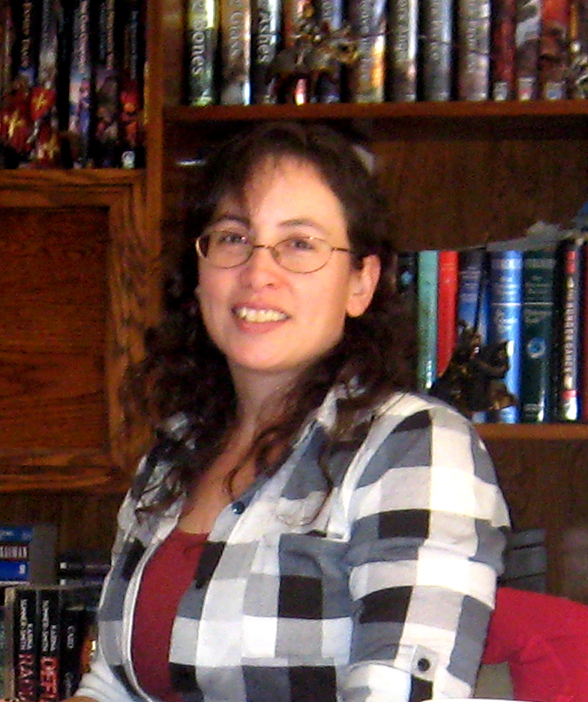Your cart is currently empty!

Am I Doing this Right? – The shape of storytelling today

Last night, for the first time in a long time, I seriously asked myself, in relation to my writing, “Am I doing this right?”
And I was legitimately concerned.
Now, I’m not talking about the mechanics of SPaG (spelling, punctuation, and grammar), nor am I talking about word smithing (strengthening vocabulary, reducing filter words, and the like). I’m not even concerned about the structure of story (plot, tropes, setting, character…).
What stopped me was VOICE.
My voice, my character’s voice, the voice of truth.
I shared the most recent version of the first chapter of my Victorian steampunk superhero series with my trusted critique group, and a line about a race other than mine disturbed a respected member.
To the innocent question, “How’s your wife?” My white, English inspector (high-ranking British police officer) replied, “She’s well. Keeping busy with charity and church work. Trying to save some African children or other this week.”
I did not include it as a racial slur. It was an off-hand comment to show how he didn’t really get into his wife’s business as long as it kept her happy.
I asked my group member what it was about the line that didn’t sit well with her, and she intoned that it, “Felt wrong. Was too abrasive considering the cultural revolution currently underway.”
Now, my immediate reaction was to justify why my character (and therefore I) chose to say this:
It’s Victorian England. In the 1800s in Britain, it was highly common for well-to-do white women to fundraise for various charities, including sending money and clothes to the less-fortunate children in third-world countries.
This is what they did.
I was not stating an opinion through my character, and I was not making social commentary regarding today’s cultural revolution.
I simply relayed a fact of history.
When I mentioned this, the woman stated, “I understand, but as writers we need to be sensitive to the current climate and respectful of change. If you were writing a strict historical novel, I don’t think it would have affected me the same way. But you’re writing fantasy, and as an author you have the ability to mold your world as you see fit – a line like this could easily give the wrong impression.”
I was taken aback. She didn’t intend to hurt my feelings or belittle my point of view. She simply stated her concerns for me to consider as a good critique group member should.
What hurt most about that statement wasn’t that I needed to be more conscientious about today’s cultural revolution, but that what I was writing wasn’t historical because it was steampunk. My brain immediately jumped to all the research I had been doing to make this series historically accurate and plausible as an alternate timeline where the only difference in the world was that in the year 1830 steam took precedence over electrical energy.
I researched the class system, the monarchy, the inventions, and the cultures in a part of nineteenth century Britain. So why was my writing suddenly shoved into the gas-light fantasy column when I very consciously sat it in historical science fiction?
On the drive home from our social-distanced critique meeting, I asked myself if I was doing this writing thing wrong. Was I devoting time to historical accuracy in my series for nothing? Was all steampunk viewed as fantasy and not alternate history? Had I just wasted two years of my life writing a series of stories that did not contain magic or make-believed elements, only to have it soundly thrust into the fantasy category simply because it deviated from natural history in the 1800s?
I had an hour-long drive and I thought carefully about our conversation and the implications of that one line.
As a human being, I believe we do a disservice to all people by ignoring the past and trying to sweep the unpleasant reality of what happened into some in-between space in time, so that we don’t upset or offend others. War happened. Slavery happened. Genocide happened. If we cannot speak of the truth of our history, then what hope do we have of moving forward for a better tomorrow and avoiding the mistakes of the past?
I drove down the highway looking at this from every angle possible, and carefully considered a webinar I attended about critical literary lenses given by LaQuette, a highly respected author of colour. Her seminar focused on writing outside your personal, generational, or cultural experience, and how that could be a treacherous road to travel for today’s author. She spoke about the reality of “best intentions” and how easy it can be to create problematic or harmful content when you’re unaware of what you don’t know. With regard to different viewpoints other than your personal lived history, she actually encouraged including diverse characters so long as writers did not attempt to write someone else’s story (#ownstories).
I started dissecting my character’s comment while keeping her wise words in mind.
Am I British?
Yes, but I am only half British and I do not live in Britain nor was I alive in the Victorian era.
Is my character white?
Yes, but he’s male and a police officer and his character is saddled with some of the highest privileges known in any century.
Is he condoning a negative cultural truth or stereotype?
No. He is simply stating a fact. His wife is helping less fortunate African children.
Is his tone condescending to Africans? Is he implying they require assistance from wealthy white people?
No. His tone is implying that his wife is chasing yet another “cause” based on what society is dictating is the latest tragedy. He is not taking a stance either way on whether she is doing help or harm.
Could this innocent historical reference be misconstrued?
Yes. As was already pointed out to me.
Can I improve this line so that it is not potentially problematic or harmful?
Yes.
And that realization is what finally helped me realize that I wasn’t doing this writing thing “wrong”; that I could still be historically accurate and not gloss-over or hide a known truth. What it told me is that we are all still learning, and that my approach to the sentence could be more representative of the character, who is not racist, per se, but who is realistic about the world he lives in.
It also showed me I should look into some sensitivity readings of the line, and the character, to make sure I’m doing due diligence and not simply making assumptions that could inadvertently hurt or hinder a person or a cultural revolution.
One line.
One reference.
More than one truth.
And this is why I read my work to a critique group I trust and respect. This member’s honesty forced me to analyze why I was making certain choices in my writing and how those choices might affect readers.
I am not “doing this wrong” by any means. If I had shut her down and continued to believe what I assumed was “right”, then I would be doing it wrong. By keeping an open mind and digging deeper into both her and my own reaction, I was able to suss out a course of action to help improve my craft. And for that, I am grateful.